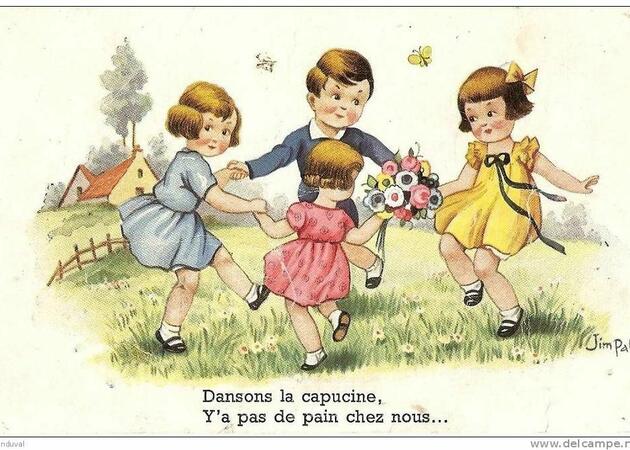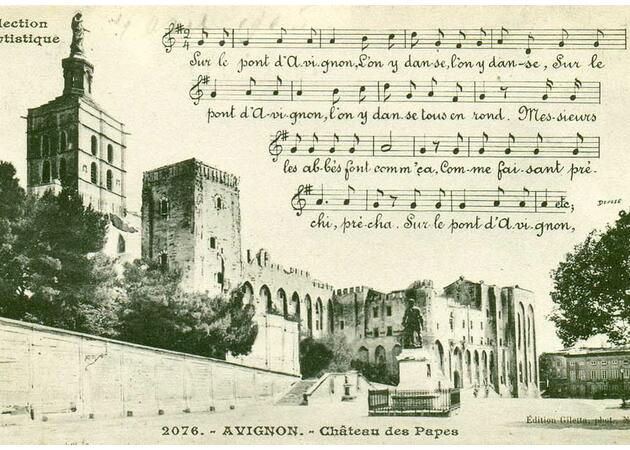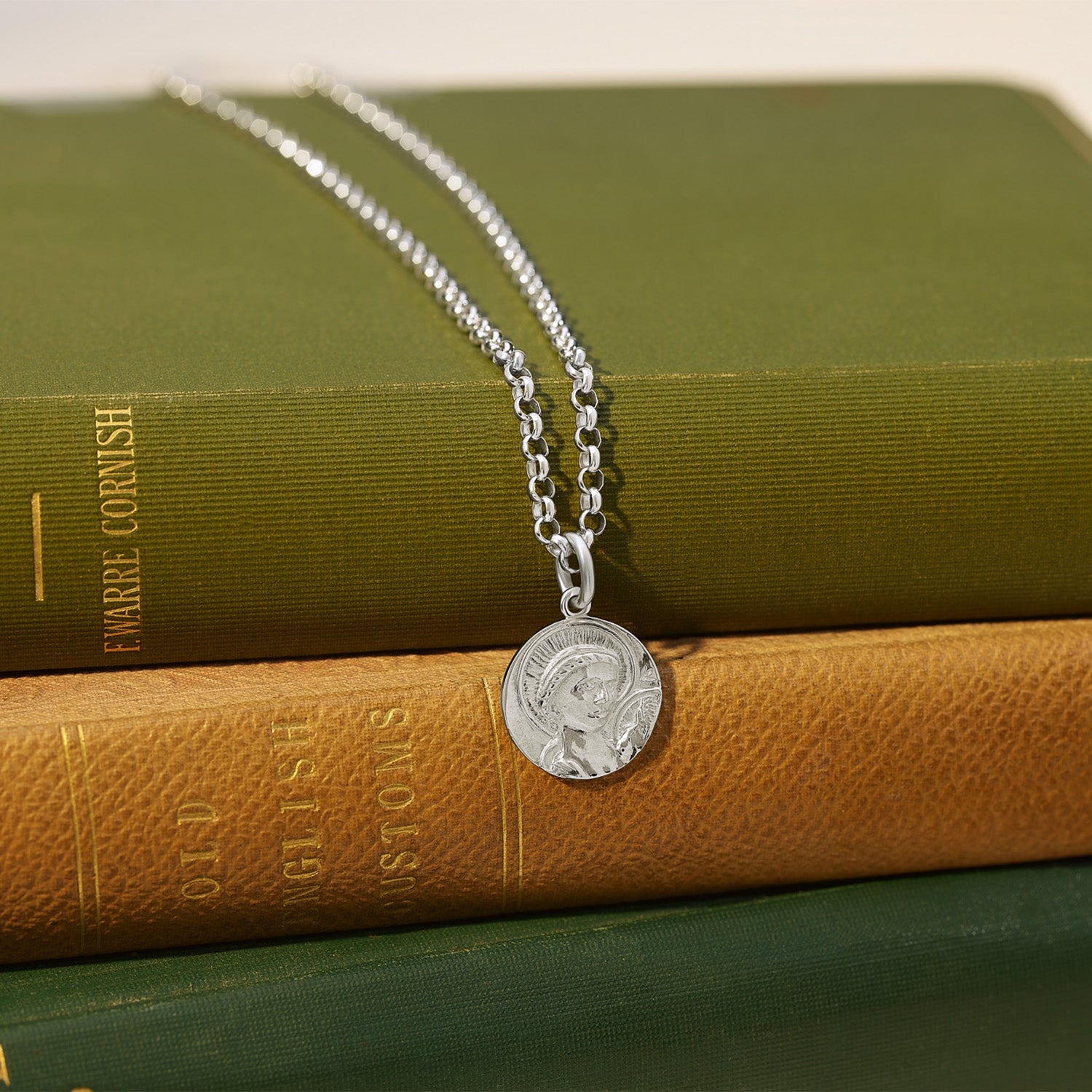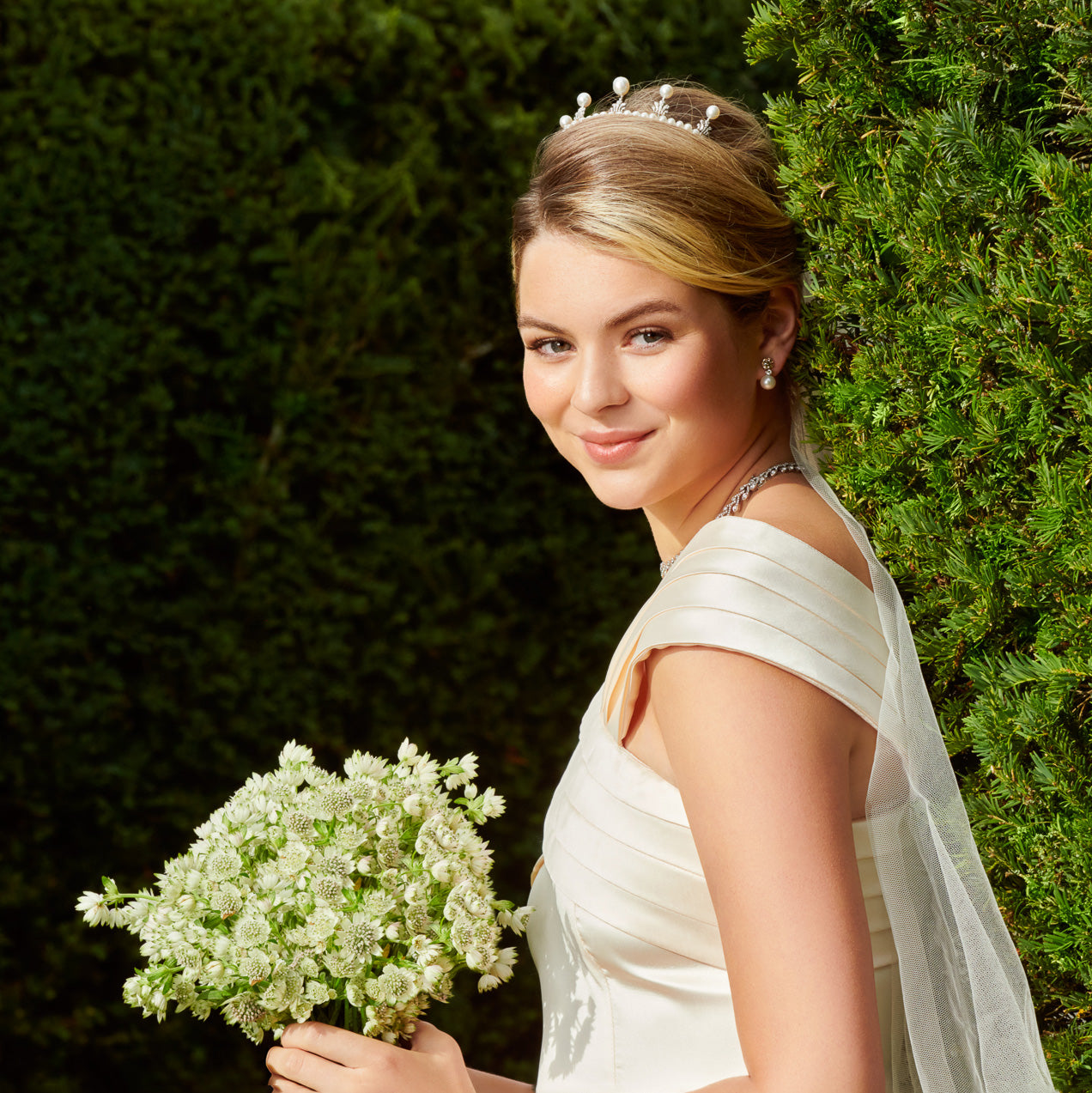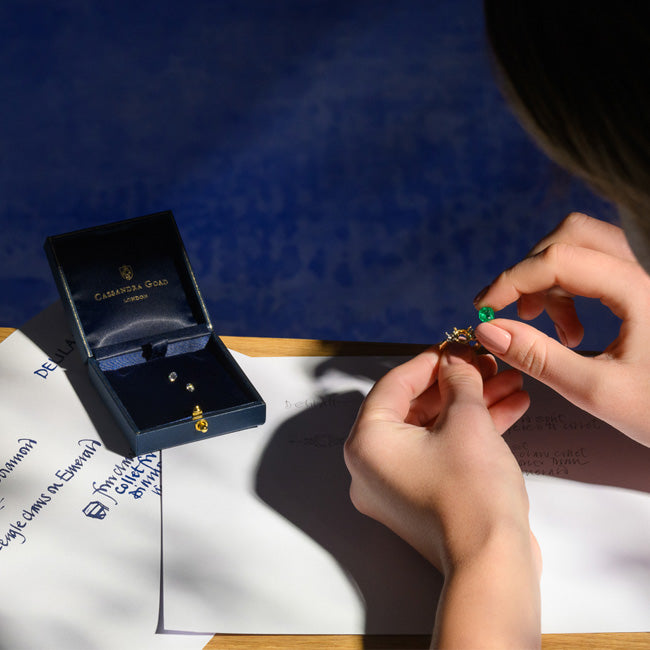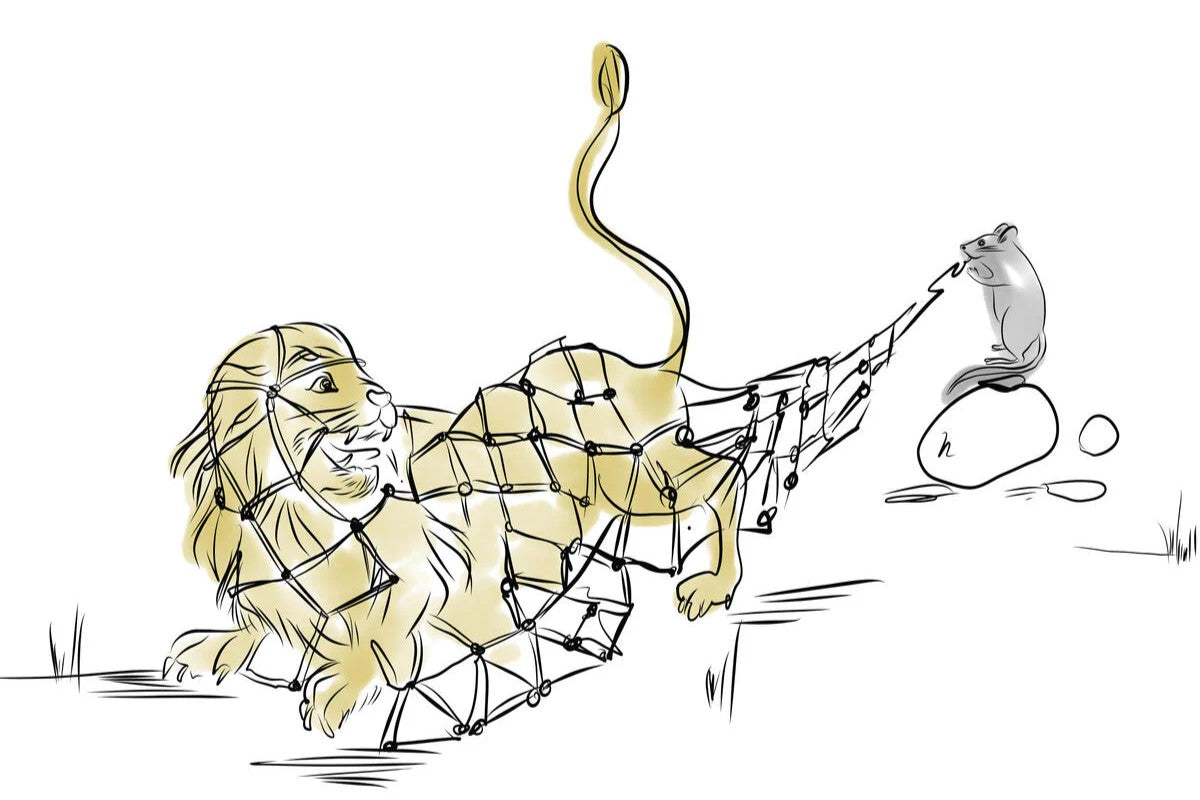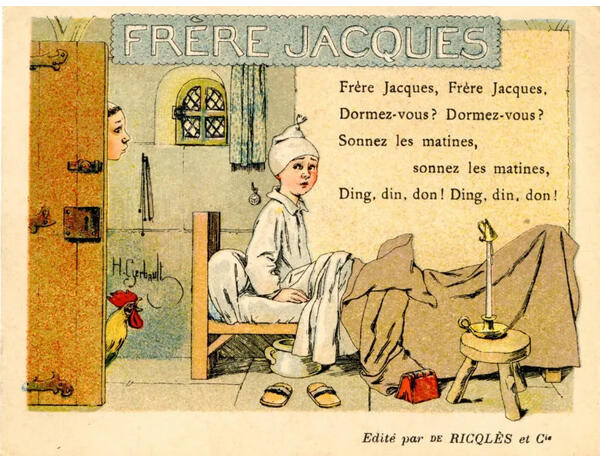
French Nursery Rhymes
Explore the world of French nursery rhymes through the eyes of Tess Roche, a young French woman, as she uncovers the unexpected historical and cultural layers hidden within these timeless verses.
One of my favourite nursery rhymes would be "Il pleut bergère" (It's raining shepherdess), as I still remember learning its melody in kindergarten. Surprisingly enough, this nursery rhyme reveals an unexpected historical layer.
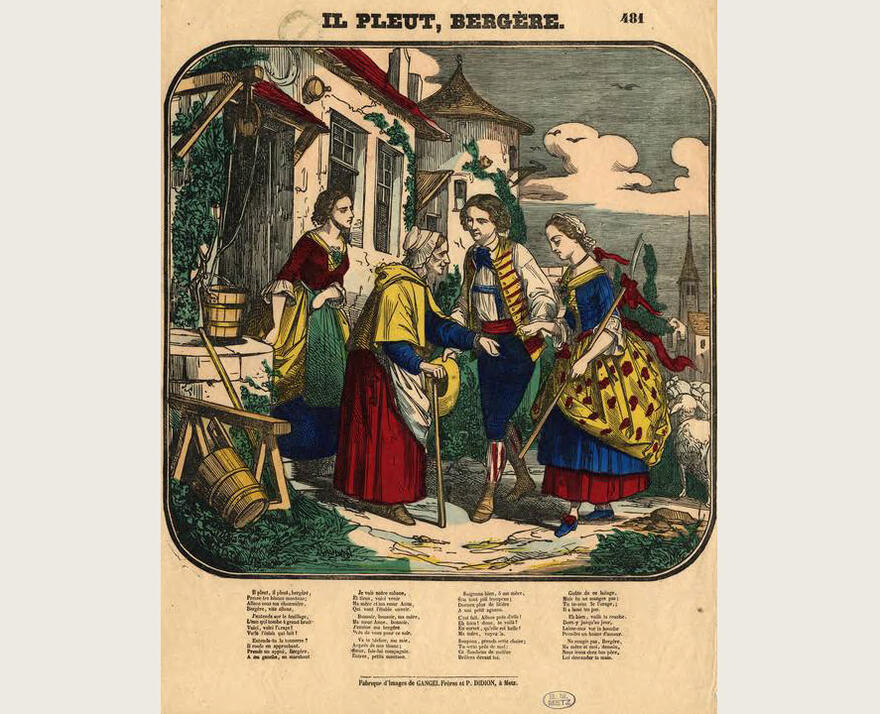
At first glance, it tells us about a shepherdess bringing in her flock of sheep because of the storm. Digging a little deeper, one will discover that this rhyme is inspired by Fabre d'Eglantine opéra-comique, Laure et Pétrarque (1780). The song is said to have been recited the day after Bastille day, during the creation of the Garde Nationale. The shepherdess is a reference to Queen Marie-Antoinette, who enjoyed embodying the role of a shepherdess during plays in the garden park at Versailles. The court is symbolised by "white sheep", no doubt an allusion to the powdered wigs worn by the nobility at the time, and "the storm" is a foretaste of the impending Revolution. Legend has it that Fabre d'Églantine hummed the tune as he climbed to the scaffold in 1794.
Original French
"Il pleut, il pleut bergère, / Rentre tes blancs moutons. / Allons à la chaumière, / Bergère vite allons.
J'entends sous le feuillage, / L'eau qui tombe à grands bruits. / Voici venir l'orage, / Voici l'eclair qui luit."
English Translation
"It's raining, it's raining shepherdess, / Tuck in your white sheep. / Let's go to the cottage, / Shepherdess let's go.
I hear under the foliage, / Water falling with great noise. / Here comes the storm, / Here comes the lighting."

Original French
"Une souris verte, / Qui courait dans l'herbe. / Je l'attrape par la queue, / Je la montre à ces messieurs. / Ces messieurs me disent, / Trempez la dans l'huile, / Trempez la dans l'eau, / Ça fera un escargot tout chaud".
English Translation
"A green mouse / Running through the grass. / I grabbed it by the tail / And showed it to the gentlemen. / These gentlemen say to me, / Dip it in oil, / Soak it in water, / It will make a hot snail".

The Vendée War which took place between 1793 and 1796 was a civil war that pitted Catholic loyalists of the monarchy against the Republican troops of the revolutionary government. The soldier in question - the green mouse running through the grass - is captured, tortured with boiling oil and drowned. Hence the lyrics "dip it in oil, dip it in water, it'll make a hot snail"- a rather sordid fate !
Last but not least, some French nursery rhymes are best left unexplained to children, as their true meaning proves to be quite suggestive. For instance, I was stunned - even disillusioned - to discover that the famous "Nous n'irons plus au bois" ( We won't go to the woods anymore), written during the 17th century, was a reaction to the closure of brothels.
Original French
Nous n'irons plus au bois / Les lauriers sont coupés. / La belle que voilà / Ira les ramasser. / Entrez dans la danse, / Voyez comme on danse / Sautez, dansez, / Embrassez qui vous voulez.
English Translation
We won't go to the woods anymore / The laurels are cut down. / The beautiful one / Will pick them up / Come and dance with us / See how we dance / Jump, dance, / Kiss whoever you like.
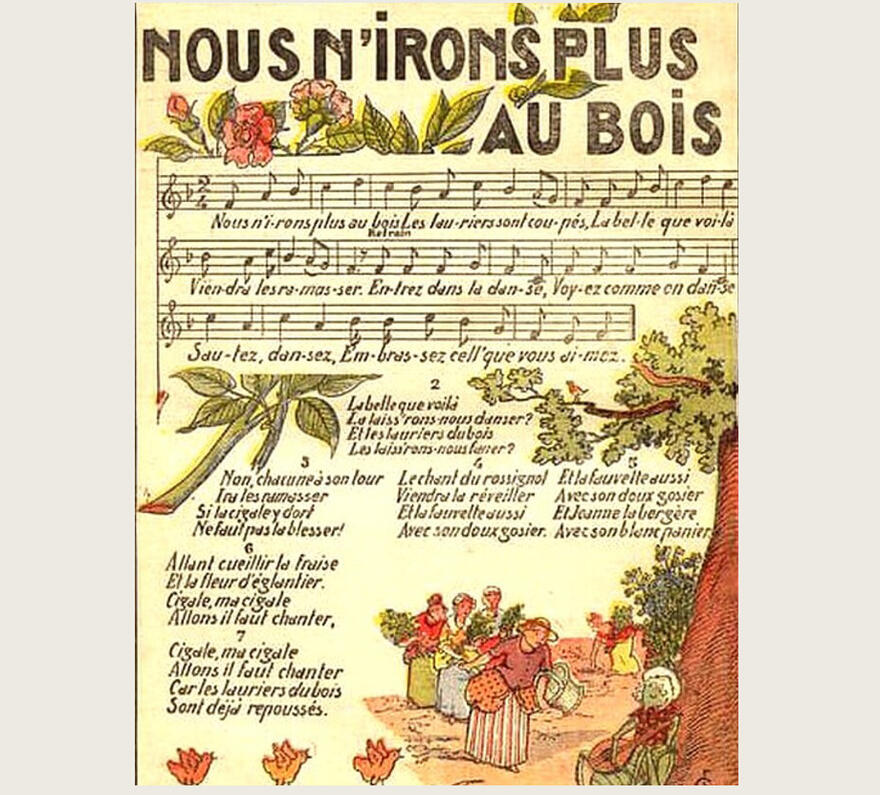
Faced with an epidemic of venereal disease, King Louis XIV signed an ordinance in 1684, reinforcing police powers and making prostitution an offence. In the past, the presence of a brothel was indicated by the presence of laurels on the doors, hence the lyrics "the laurels are cut down". To protest against the King's decision, this song invites people to indulge in libertinism: "Jump, dance, kiss whoever you like".
As a child, I learned these nursery rhymes with an innocence that never hinted at the profound historical meanings they concealed beneath their refrains. Nursery rhymes are where the simplicity of childhood and the complexity of history intertwine.
I have shared a glimpse of a few French nursery rhymes that have held a special place in my heart. Yet, many more rhymes with their own concealed historical meaning continue to resonate with generations of French children and families. Any French person could easily recollect the lyrics of Au clair de la lune, Il était un petit navire, Dansons la capucine, Sur le Pont d'Avignon, Frère Jacques and many more. These rhymes serve as enduring reminders of our rich cultural heritage, waiting to be explored.
Tess
